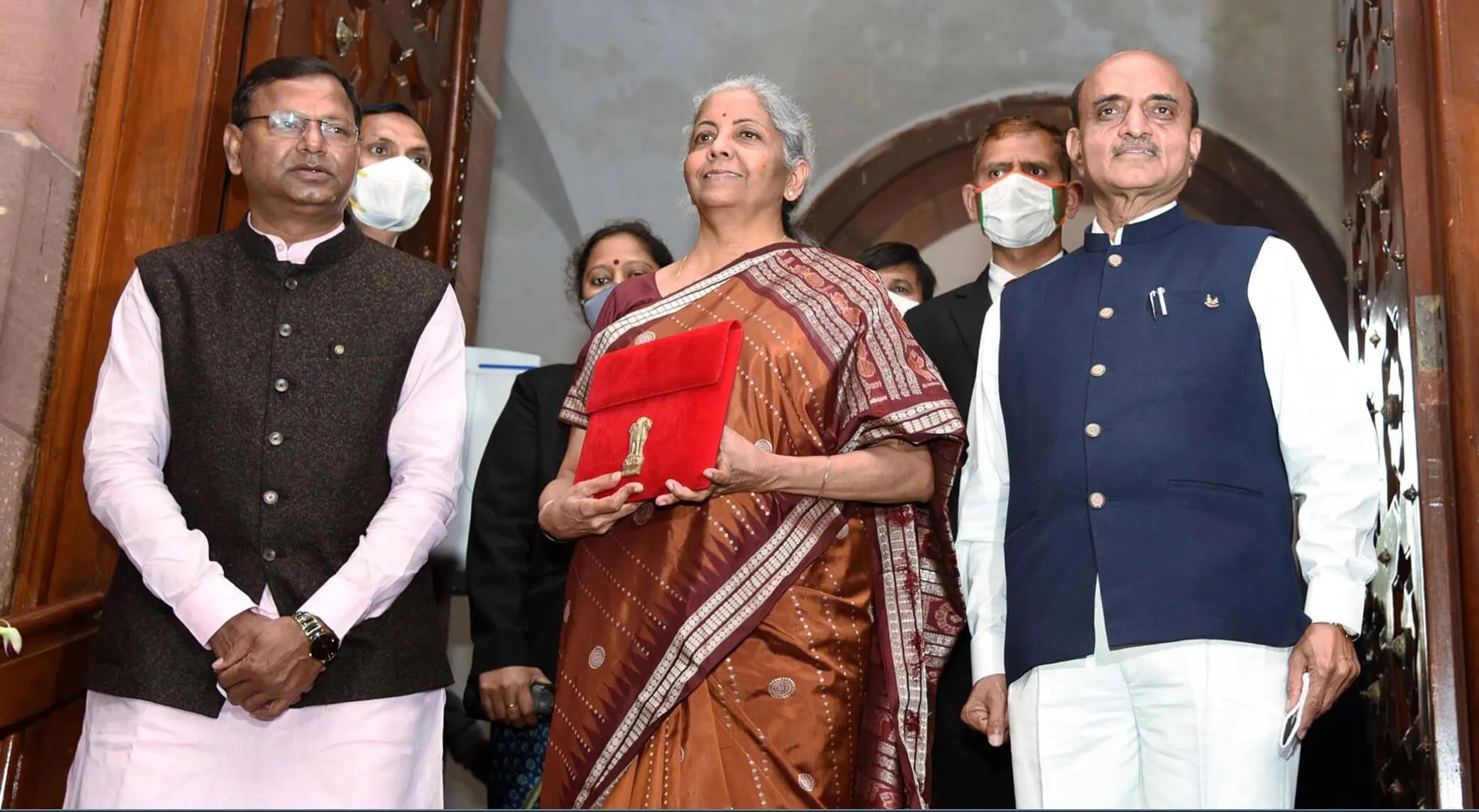A win-win for digital health, fintech, EVs and startups in Budget 2022.

The contribution of startups to the Indian economy over the last few years and especially during the ongoing pandemic received due recognition once again in the Union Budget, announced earlier this week. While there are a few misses in terms of addressing some long-pending issues, overall Budget 2022 offers startups much to look forward to in their journey towards establishing new business models, harnessing technology for scale and creating employment.
At Endiya, we believe that the Budget provides adequate incentive and direction for our portfolio companies across SaaS, digital health, fintech and deep-tech to flourish.
Specifically, with respect to digital health, the finance minister said that the government would roll out an open platform for the National Digital Health Ecosystem to create digital registries of healthcare providers and facilities and deliver universal access to affordable healthcare. This move takes forward the government’s Ayushman Bharat Digital Mission agenda and sets the ground for “...the UPI moment in healthcare”.
Endiya’s investments in the digital health spectrum include Karkinos Healthcare, Sugar.fit, Synapsica, Eyestem, Curefit, Sigtuple and Ekincare.
We also believe that the finance minister’s emphasis on mental health in the Budget is an extremely important announcement. In the wake of the immense mental stress borne by citizens due to the pandemic, the government will launch a National Tele Mental Health programme. Mental health has for long suffered from the lack of adequate infrastructure and qualified professionals coupled with social stigma. The Budget announcement lays the foundation to address these critical issues.

Fintech will continue to see very exciting times ahead with the government continuing to focus on innovation in financial services. The latest is the announcement that the Reserve Bank of India will introduce the Central Bank Digital Currency (CBDC), a blockchain based digital currency, during the current financial year.
This move will cement India's place as one of the early adopters and drivers of innovation in financial services and follows our past successes with UPI and Aadhaar.
Endiya is a prolific investor in fintech with investments in Kissht, Qapita, Upside AI and Grip Invest.
While the Budget did not explicitly refer to cryptocurrencies, it said that income from “virtual digital assets’ would be taxed at 30%. A 1% TDS (tax deduction at source) will be imposed on transactions in such asset classes above a certain threshold to bring them under the tax net. While we need more clarity on the announcement with regard to its interpretation for cryptocurrency assets, it seems to be a step in the right direction and could soon be followed by the much awaited regulatory framework.
Apart from digital health and fintech, three other sectors – agritech, edtech and electric vehicles (EV) – have received significant impetus from the Budget this year. The finance minister announced in the Budget that “A fund with blended capital, raised under the co-investment model, will be facilitated through NABARD. This is to finance startups for agriculture and rural enterprise, relevant for farm produce value chain.” The proposed fund will serve as good optics for agritech investing and also encourage more investors to back such startups. Similarly, the proposal for the formation of a Digital University, Digital Teachers etc., will enable a vast section of students, who cannot afford high-end edtech tools, to access affordable education.

On the EV front, the proposal to formulate a battery-swapping policy and interoperability standards comes at an opportune time when EV sales in the country are growing by leaps and bounds. Endiya has two investments in this space – Cell Propulsion and Cygni Energy – which we expect will benefit from these moves.
Along with sector-specific incentives and support, from the point of view of the overall investing environment, the future looks extremely positive. A big factor behind the shift in the government’s outlook towards startup-led innovation is its own involvement in the sector as a limited partner/ investor in VC funds. The proposed NABARD fund for agritech and thematic fund for sunrise sectors are the latest examples. The government itself has a lot more skin in the game now and understands the unique contributions startups bring to the economy along with their challenges.
Specific to venture capital, the proposal to set up an expert committee for the “holistic examination of regulatory and other frictions,” is much needed and the expectations are quite high. This can be a big win for venture capital's ease of doing business in India. Startups will also benefit from it, in addition to reaping the benefits from Ease of Doing Business 2.0. We hope the committee will also address the concerns around ESOPs taxation (when exercised and when sold), which unfortunately has not been addressed specifically in the Budget.
Finally, while the Budget did not provide a broader consumption stimulus by putting more money directly into the hands of the common man, the outlays for capacity creation at an industry level should over time lead to trickle down benefits.






.webp)
